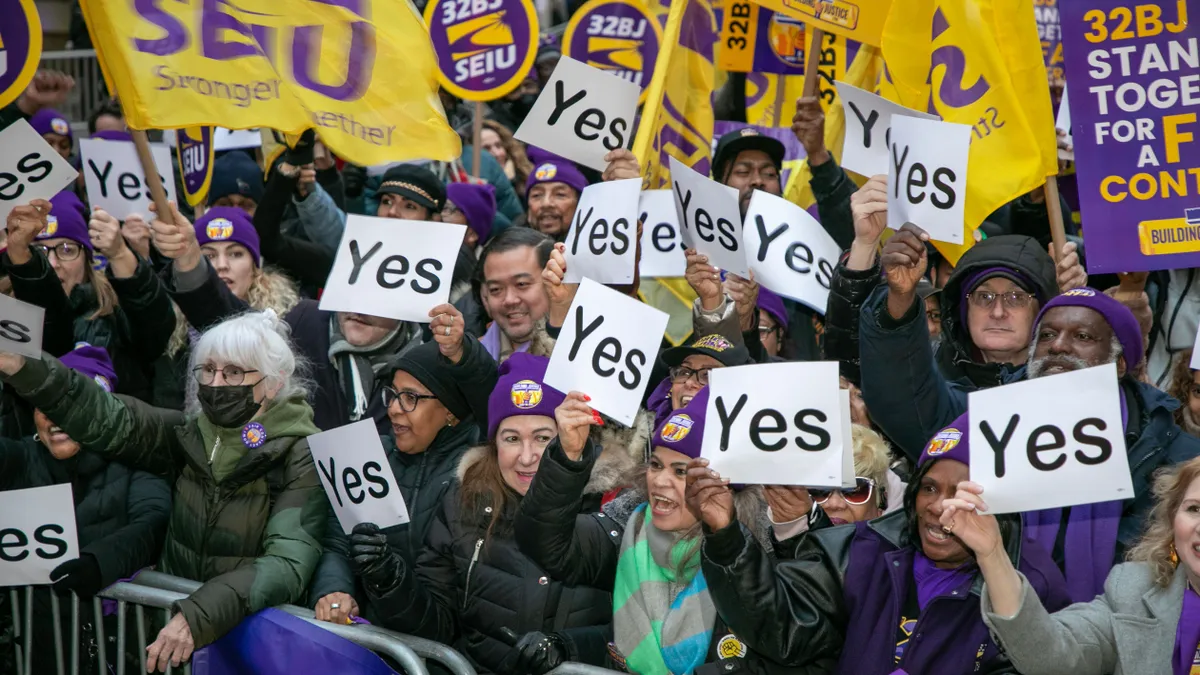Although employee expectations at work have reached an all-time high, 76% of HR decision-makers believe those expectations aren’t out of control, and 53% believe employees deserve a good experience at work, according to a March 6 report by isolved.
At the same time, HR leaders voiced concerns about rising employee experience expectations, citing it as the top threat to talent retention.
“Effective HR teams want to create great employee experiences,” Amy Mosher, chief people officer at isolved, said in a statement. “It’s not about convincing HR benefits or payroll professionals to create talent-focused experiences but rather providing them with tools to enact organizational changes effectively.”
The report indicated a disconnect between what employers believe they’re offering and what employees are actually experiencing. Although 95% of HR leaders said they were confident in their employee experiences, 58% of employees are considering new job opportunities in 2024, marking an 11% increase over 2023, isolved said.
Several factors appear to be at play, according to the report. About 73% of HR leaders reported significant involvement from top management in decision-making, which could hinder organizational priorities. In addition, 51% said they’re spending four or more hours per day answering repetitive questions.
Overall, employers may be pulling back on employee experience in 2024, according to a Forrester report. As a result, employee engagement and culture will likely continue to decline for another year.
HR leaders’ expectations around employee engagement also continue to decline, according to a report from The Conference Board. In turn, most CHROs said their main human capital management priorities for 2024 include employee experience, organizational culture and leadership development.
In an Integrated Benefits Institute report, 51% of employers said employee satisfaction, employee mental health and emotional support are top priorities in 2024. Employers must balance quality programming with cost management and account for diverse needs, IBI said.











